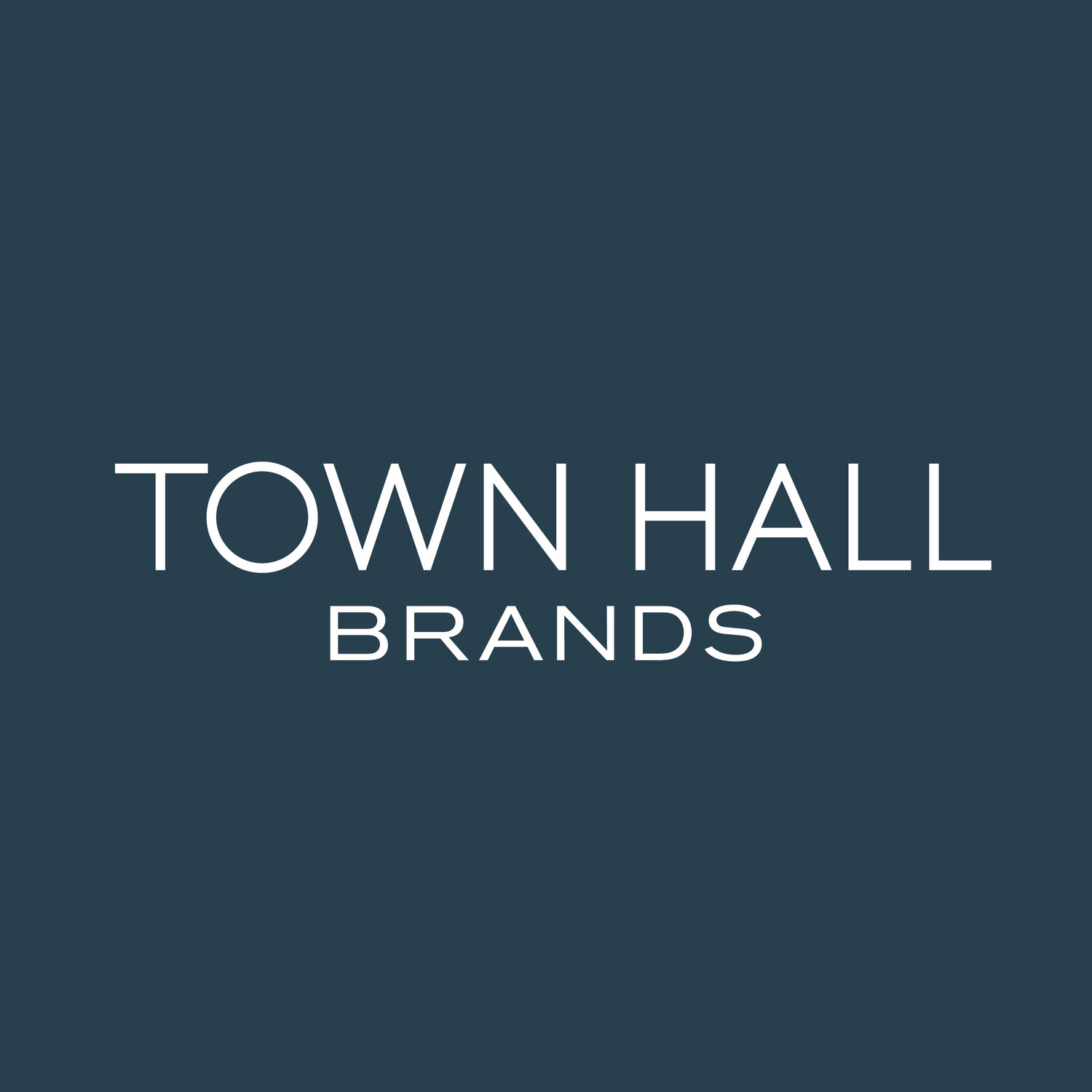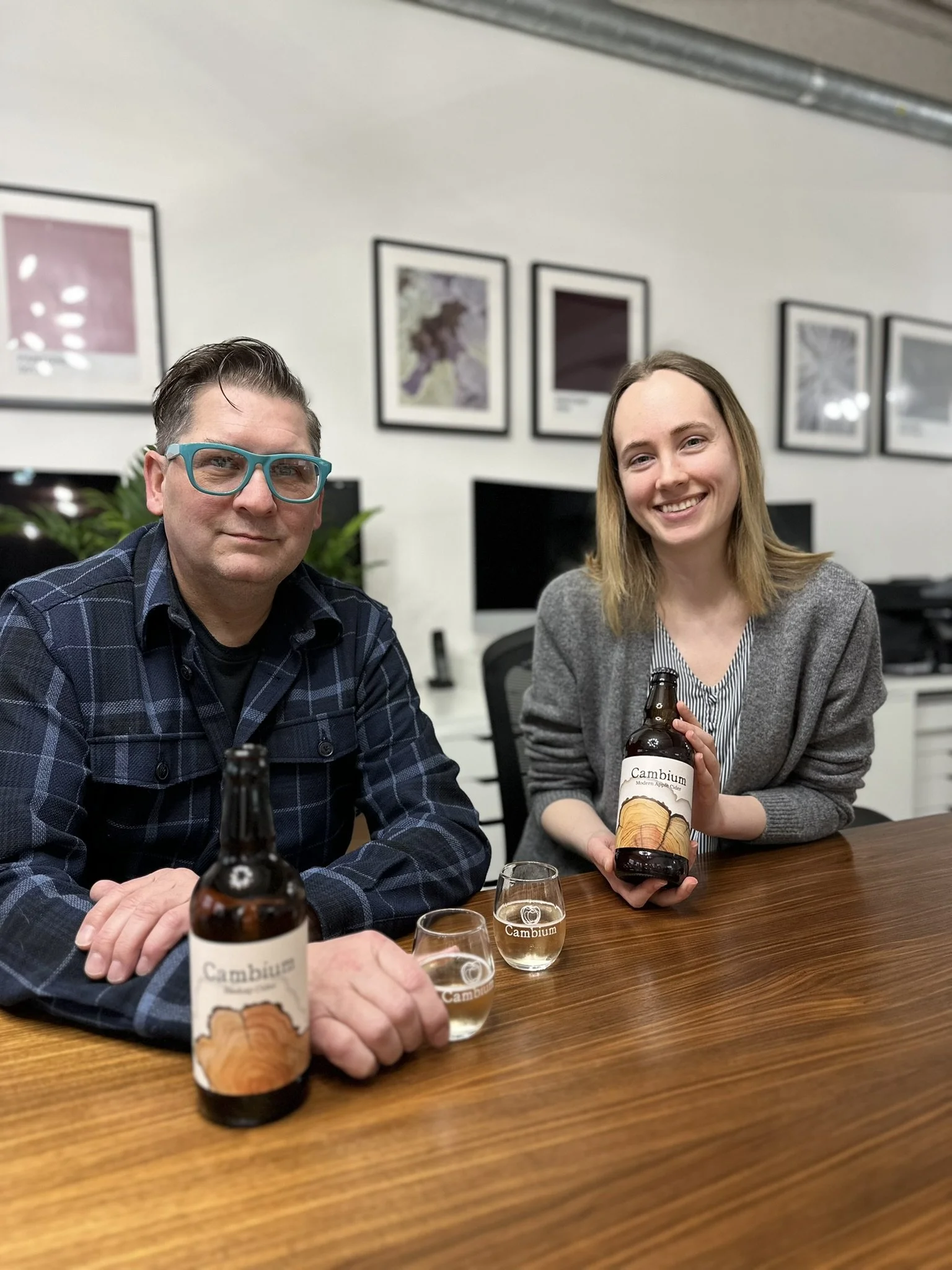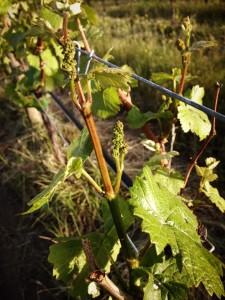
By Leeann Froese
I recently made a vineyard visit to one of our clients, Okanagan Crush Pad, in Summerland British Columbia, and share some of the updates.
For full disclosure: this is a special place to me personally, in that I have been a part of this company’s team since the vineyard was planted, and I even have a row named after me: Row 38! (If you visit – take a #selfie with ‘my’ row and send it to me!)
The vineyard, called Switchback Vineyard, provides Pinot Gris grapes for Haywire wines. In 2007 winery owners Christine Coletta and Steve Lornie planted the 10 acre vineyard to one clone, all Pinot Gris, with the idea that they were going to value add to their land and sell all of their grapes to one buyer. They were not planning to be winery owners or get into the business of making wine.
What actually happened over the next few years is that they did create their own wine: Haywire. First, virtually, then eventually under their own brick-and-mortar winery Okanagan Crush Pad, which has been constructed adjacent to the Switchback Vineyard.
In the time since becoming grape growers the couple has learned a lot more about how they want to farm their property, and now Switchback Vineyard is on its way to becoming certified organic; yet it did not always start out that way. Under consulting Italian winemaker Alberto Antonini’s guidance, the winery team changed the way they farm and stepped up its game to make better wine. After conventionally farming the vineyard for its first few years, the team switched to organic growing practices, and applied for certification in spring of 2014.
They’ve said goodbye to herbicides. Instead, they’re controlling weeds with tilling, beneficial cover crops and the addition of baby doll sheep to graze in between rows. Also, they have stopped mowing the grass between rows. While this makes the vineyards look “weedy”, it lets ground cover grow and it reduces vigour on the vines.
Ducks & chickens have been added, and they live in the “Okanagan Chicken Pad”, which has got to be the nicest chicken coop one has ever seen. Made by winery owner Steve Lornie, the chicken, sheep and ducks happily coexist in a beautiful wooden coop that has incorporated repurposed wine barrels.
These critters are charming, but they have jobs. Chickens provide beautiful and delicious eggs, provide manure to fertilize and they eat insects. The ducks do the same. Baby doll sheep graze ground cover and also provide manure - all animals contributing to a whole farm approach.
The winery is also practicing integrated pest management, inviting beneficial insects to take up residence so they can eat any insects that eat grapevines. Recently a swarm of bees was discovered on one of the grapevines, so they were harnessed and put into a hive. Now the vineyard has built-in pollination (and perhaps honey one day soon?) and in addition to the bees, ‘insect hotels’ have been erected: a few cute small ones, and one large one, created as a DIY project involving children.
The overarching idea is to have minimal intervention between the growing and winemaking, to keep things as natural as possible to make the wines without any chemical intervention. This practice requires a lot of attention and despite all the focus, the vineyard rows look rather wild and unkempt. It's interesting and cute to see the animals running around between the vines, but these animals, insects as well as the many birds in the area all show that there's a very alive ecosystem in play and that the grapes are being tended for lovingly.
It has been a three-year process to get to the point of being able to seek certification, but the result is amazing wine that is gentler on their land.
I raise a glass to that.







